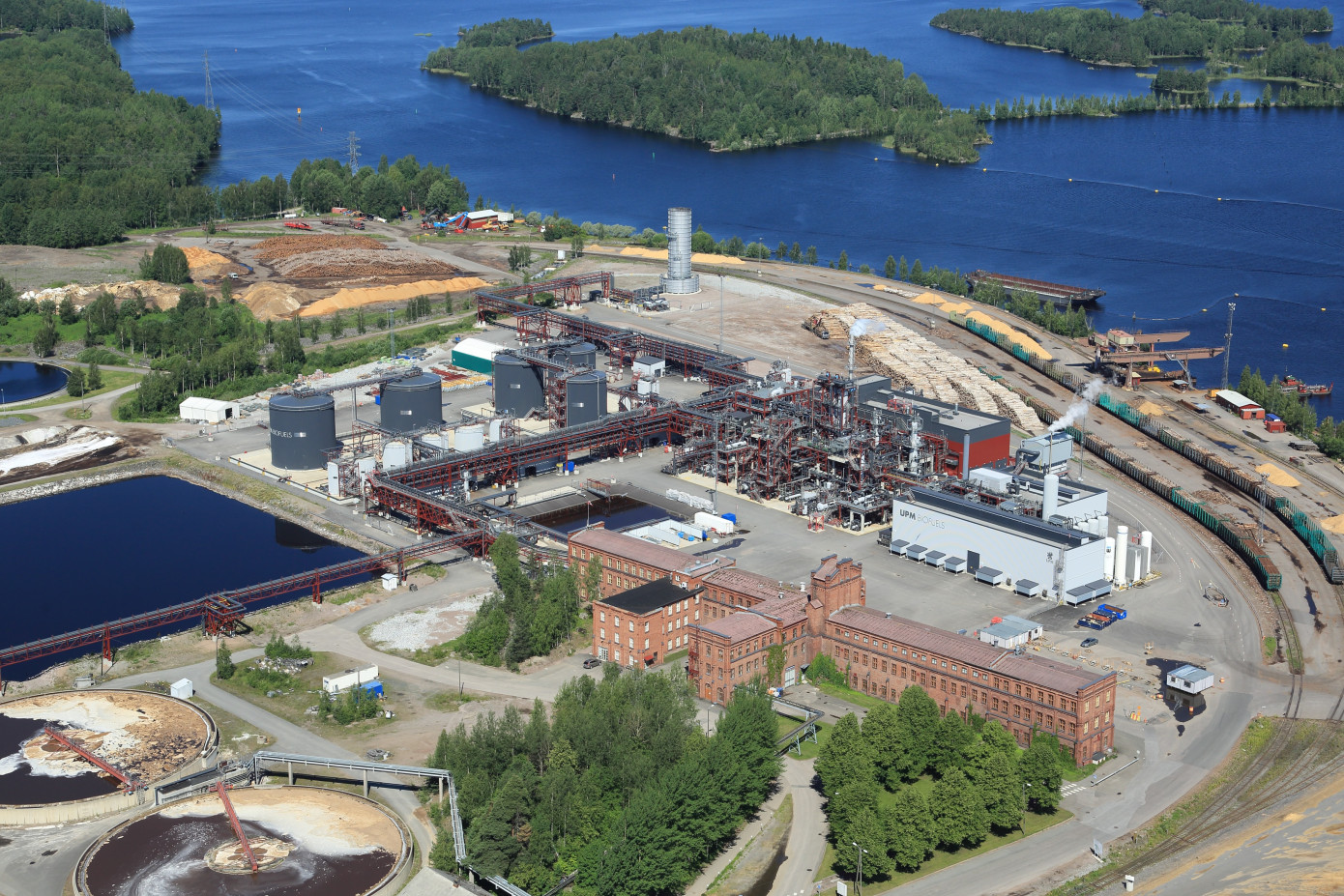The European Commission has adopted a new Strategic Framework for a Competitive and Sustainable EU Bioeconomy to strengthen Europe’s industrial base, reduce fossil fuel dependence, and build a circular, decarbonised economy, according to the European Commission.
The bioeconomy already generates Euro 2.7 trillion in value and provides 17.1 million jobs, accounting for about 8% of EU employment. Every direct job in the bioeconomy supports three additional jobs in the EU, according to the European Commission.
The new Strategy seeks to expand this contribution by scaling up innovation and investments, developing lead markets for bio-based materials, and ensuring a sustainable supply of biomass.
The Commission will establish a Bioeconomy Investment Deployment Group to mobilise private capital and create a pipeline of viable projects. It will also work to simplify EU regulatory frameworks to accelerate the approval of sustainable bio-based products, particularly for small and medium-sized enterprises.
To stimulate market demand, the Strategy includes setting targets for bio-based content in products and creating a Bio-based Europe Alliance. This alliance will bring together EU companies to collectively purchase bio-based solutions worth Euro 10 billion by 2030.
The Strategy emphasises sustainable biomass sourcing within ecological limits. It includes incentives for farmers and foresters who protect soils, enhance carbon sinks, and promote the use of secondary biomass such as agricultural residues and organic waste.
The EU will also support global partnerships to diversify resource access and strengthen Europe’s role in bio-based innovation and trade.
The Strategic Framework builds on the 2012 Bioeconomy Strategy and subsequent reviews in 2018 and 2022, focusing on industrial deployment, competitiveness, and resilience.
UPM welcomes the new EU Bioeconomy Strategy as a key policy to accelerate green growth and innovation. The company stated that the strategy reinforces the bioeconomy’s role in revitalising European industries and competitiveness through renewable and circular solutions. UPM highlighted the strategy’s relevance for scaling up biobased innovations and supporting the replacement of fossil-based inputs with renewable feedstocks.
“These are important signals for companies driving sustainable growth and innovation,” said Harald Dialer, Executive Vice President Technology and UPM Biorefining. He confirmed that UPM’s Euro 1.3 billion wood-to-chemicals biorefinery in Leuna, Europe’s largest industrial-scale biochemical investment, is starting up. The facility will convert sustainably sourced wood into next-generation biochemicals that replace fossil raw materials and support emission reduction and product innovation.
UPM urged EU and Member State leaders to support the strategy with concrete regulatory actions, including clear biobased content targets and incentives for green investment.
The Swedish Forest Industries Federation (SFIF) also welcomed the Commission’s growth-oriented approach to building a competitive and resilient bioeconomy. “The forest industry plays a key role in achieving a competitive and resilient Europe,” said Viveka Beckeman, Director General of SFIF. “We need to boost the use of biomass as a strategic resource that benefits the green transition, climate goals and economic security.”
SFIF supported the strategy’s vision for sustainable bio-based materials that create fossil-free alternatives and stable income in rural areas. Beckeman emphasised that recognising the substitution effect of renewable materials in EU regulation is vital to accelerating the transition to a bio-based economy.
She noted that wood-based construction and renewable packaging materials offer strong potential for innovation and growth but require improved access to raw materials and simplified regulation. Beckeman added that focusing only on forests as carbon sinks limits the growth of a sustainable bioeconomy that supports rural development and fossil replacement.
“We are committed to working together for a strong European bioeconomy as an investment in Europe’s long-term prosperity, resilience and security. The first step is to accelerate the substitution of fossil-based materials, especially in construction, in the upcoming legislation package for the 2040 climate target,” Beckeman said.
